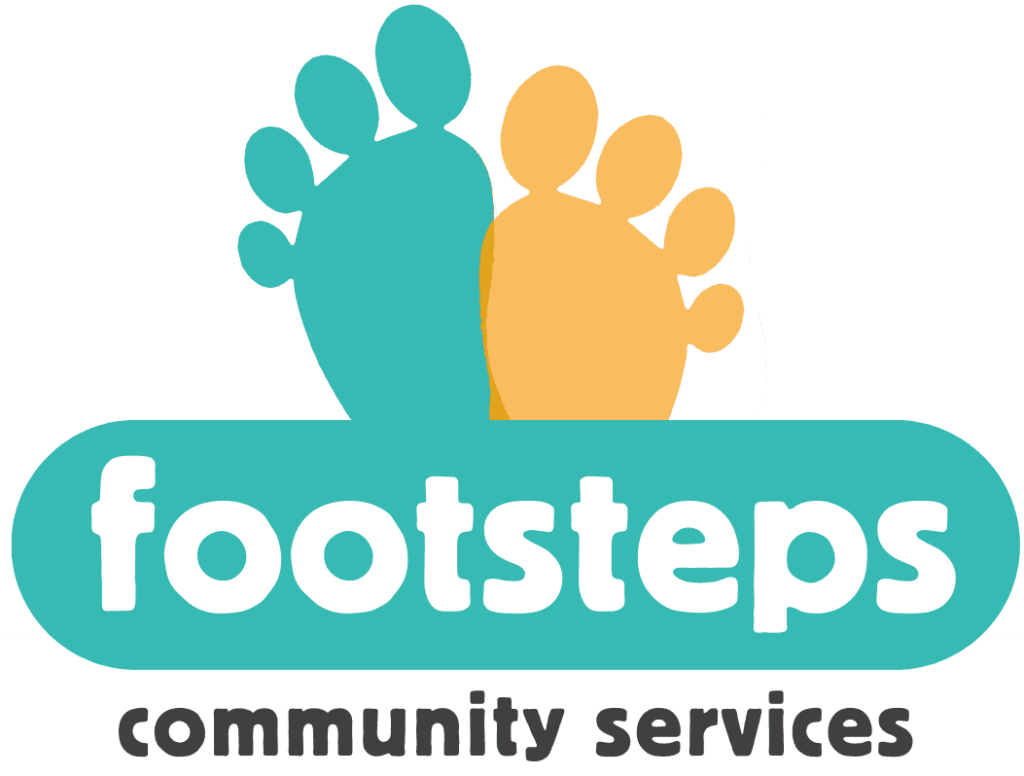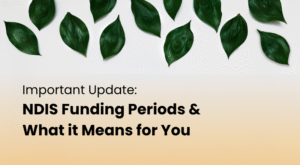
Share this article
What is Toxic Stress?
Imagine that you see a wild dangerous animal while walking through a forest. In response to this threat, your body switches into “fight or flight ” mode. To survive, your body releases emergency stress hormones, like adrenaline and cortisol, that cause your heartbeat to quicken, make your eyes dilate and focus your mind on the threat at hand, everything you need to get your body ready to run or to fight back. When activated occasionally, this system bypasses our thinking brain ‘the prefrontal cortex’ and activates the primitive reactions that can get us out of the way of a mortal threat. In situations like this, stress is helpful, it keeps you alive.
This life saving stress hormones become a problem when the human body is being repeatedly exposed to intense or chronic stress. That cascade of chemicals and reactions goes from saving one’s life to damaging one’s health.
Children are especially vulnerable to the harmful effects of chronic stress and trauma. For many children who are repeatedly exposed to Adverse Childhood Experiences (ACE Study), such as violence at home or in the community, or having a parent with mental illness or substance dependence, their “fight or flight” system is activated so often that it stays on. These high levels of emergency hormones can lead to changes in the structure and function of children’s developing brains and bodies. The result is toxic stress.
How can it affect long-term health without support?
Without support, children who experience toxic stress are at higher risk for health and social problems, like asthma, diabetes and obesity, as well as learning difficulties. Toxic stress also may make it difficult to sit still in school or to control emotions in challenging situations. If left untreated, toxic stress can lead to increased risk of adult diseases including heart disease and cancer.
ACEs, or Adverse Childhood Experiences, are traumatic experiences that can have a profound effect on a child’s developing brain and body with lasting impacts on a person’s health throughout their lifespan. There are ten recognized ACEs, which fall into three types—abuse, neglect, and household dysfunction.
A PERSON WITH 4 OR MORE ACES IS:
- 2.2 times as likely to have ischemic heart disease
- 2.4 times as likely to have a stroke
- 1.9 times as likely to have cancer
- 1.6 times as likely to have diabetes
- 12.2 times as likely to attempt suicide
- 10.3 times as likely to use injection drugs
- 7.4 times as likely to be an alcoholic
The three ACE categories are:

Dr Nadine Burke Harris explains this in her excellent short Ted Talk.
WHAT ARE ACEs?
Learn more about our therapy and counselling services
Footsteps provides in-person therapy and counselling services in Brisbane, Logan, Toowoomba, Gold Coast, Scenic Rim, Ipswich, and surrounding areas.
Our registered and experienced counsellors, psychotherapists, and social workers also offer telehealth and online therapy and counselling Australia-wide.
Contact us to enquire today.


